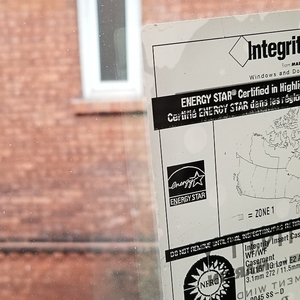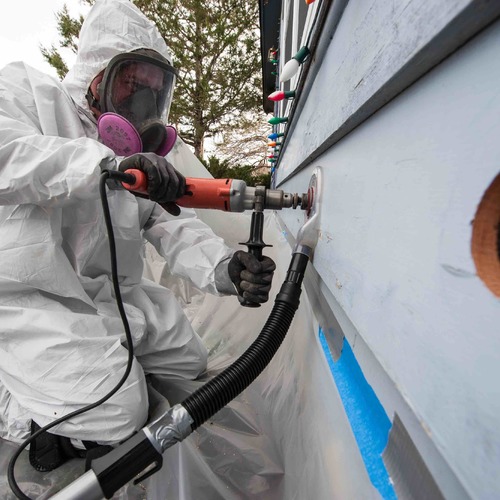By most estimates, 80% of homeowners in Maine rely on oil heat to stay warm during the winter, which, given the potential for oil price fluctuations and recent events in the Gulf of Mexico, could motivate those folks to at least consider the state’s newly enhanced incentive program for energy efficiency retrofits.
Back in January, GBA noted the launch of the Maine Home Performance program, which offered $1,500 to those whose homes achieve 25% to 49% energy savings in heat and hot-water fuel usage, and $3,000 if they achieve a 50% energy savings. Last week, the executive director of the Efficiency Maine Trust, Michael Stoddard, announced that federal stimulus funds and state assistance would be used to make participation in the program still more attractive: the 25%-to-49% increase in energy savings can now earn as much as $2,500 in reimbursements, while an increase of 50% or more in energy efficiency can qualify for $4,000 in reimbursements. Participants who want to qualify for the extra $1,000 in reimbursements, however, must complete the work by August 31.
A little paperwork
The program administrator, Efficiency Maine, a division of the Maine Public Utilities Commission, says properties can be single-family homes or include two to four units, but they must be occupied year-round. The program requires that an energy audit be performed by a certified auditor in each participating home, and once the retrofit is complete, the home’s energy performance is evaluated again, and the improvements verified, before incentive funds are released to the homeowner.
Efficiency Maine adds that audit costs average $500, while the average retrofit will run $5,000 to $10,000. Homeowners and their program-participating contractors must file an Incentive Application Form that identifies the improvements they’re going to make and their estimated cost. Efficiency Maine then verifies that the proposed work is eligible for rebate incentives and reserves the money. Homeowners then have 90 days to make the improvements.
Participants also are eligible for federal energy efficiency tax credits of up to $1,500.
Political support and the clean-energy bandwagon
The Morning Sentinel, which serves south-central Maine, noted that the incentive program is a key part of the state’s overall energy strategy. Stoddard announced the enhancements to the program at a “Residential Ramp Up” event attended by federal and state officials, including Maine’s governor, John Baldacci.
“This is something we’re going to put a full-court press on in our state,” Baldacci said. Residential Ramp Up, the paper added, is part of a national effort called the Clean Energy Roadshow, a group of energy efficiency advocates that “travels the country to highlight strong business, labor and community support for a clean energy economy.”
Weekly Newsletter
Get building science and energy efficiency advice, plus special offers, in your inbox.















0 Comments
Log in or create an account to post a comment.
Sign up Log in